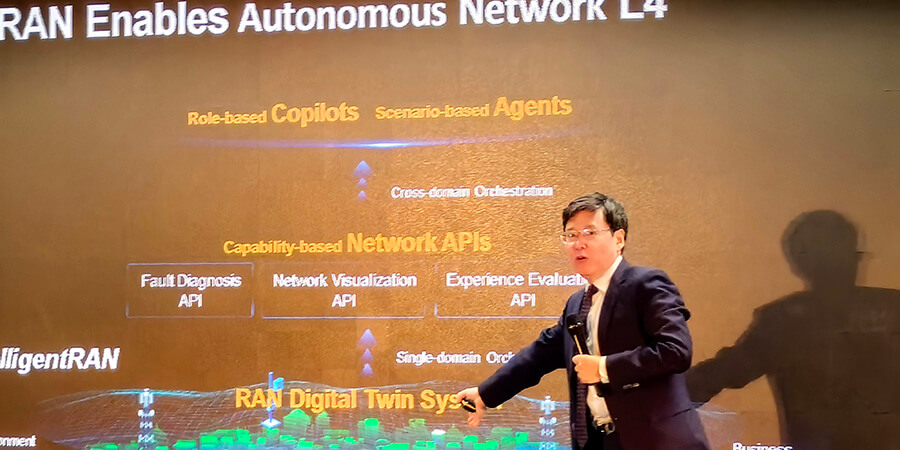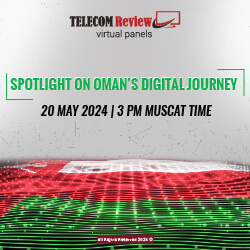The wave of digital transformation across industry verticals has amplified the challenges of data protection and data management to great lengths.

Reports and Coverage
Automotive Takes the Lead in eSIM Adoption Amid Emerging Trends
A recent study conducted by GSMA Intelligence indicated that the automotive sector is leading the way in the adoption of embedded SIM (eSIM) technology for Internet of Things (IoT) applications.
Unveiling the Cosmic Potential of Quantum Technologies in Space Exploration
Historically, space exploration has mirrored groundbreaking milestones in physics. The current second quantum revolution, characterized by manipulating individual particle properties, sets the stage for unprecedented possibilities. The convergence of quantum, AI, and space technologies marks a new era in exploration. As space becomes an integral part of the global quantum web, the possibilities are immense. The following depicts the current space-oriented quantum technology applications, as well as the value quantum computing brings to the space industry.
Embracing the Foundation Model to Usher in L4 Autonomous Wireless Networks
At the MWC Barcelona 2024, Huawei held the 7th Intelligent RAN Summit. Carriers and industry partners from all over the world gathered to share the latest wireless network intelligence technologies, including the telecom foundation model and digital twin system, and discuss the characteristics of each generation of autonomous networks, and their application scenarios, and commercial practices.
Why Telcos Need to Focus on Autonomous Mobility
The automotive industry is transforming fast. As per market analysts, conventional internal combustion engine (ICE) vehicles are expected to peak in the next few years and begin to gradually decline, giving way to electric vehicles (EVs). Many countries have already set up dedicated national automotive industry transformation funds to support the electrification of vehicles and their supply chains in an effort to align with the global green agenda. Despite the current variables in resource pricing and supply chain bottlenecks, subsequently, the new breed of software-rich EVs will lead to an autonomous driving ecosystem.
GCC Techcos Can Expect Double-Digit Growth: Report
The maturity of telecom markets in the GCC region with mobile penetration rates of 130%-210% is limiting rated GCC telcos' revenue growth to about 1%-3% annually, hindering organic growth prospects for telcos, according to S&P Global Ratings. Higher growth rates, broader business diversification, and lower capital intensity fuel the tech appetite of rated telecommunications companies (telcos) in the (GCC) region, the analysis noted.
Save the Date: The Telecom Review Leaders’ Summit Legacy Continues
In the vibrant and innovative city of Dubai, UAE, from December 10 to 11, 2024, the highly anticipated annual Telecom Review Leaders’ Summit will be back as a cornerstone event in the ICT industry's calendar.
AI Integration: UAE Embraces Advanced Business Operations
A recent report offered a detailed analysis of AI adoption trends among enterprises, shedding light on the profound impact of AI on business operations.
AI's Watchful Eye: Safeguarding Cybersecurity in the Generative Era
In the Middle East and North Africa (MENA) region, the integration of generative AI (GenAI) has the potential to generate an economic value of USD 23.5 billion by the year 2030. Given this prospect, it is crucial to develop a thorough comprehension of the implications associated with incorporating this technology into security frameworks.
UAE and Saudi Arabia Forge Ahead in Cybersecurity
According to the UAE Cybersecurity Council, in 2023, the United Arab Emirates actively repelled more than 50,000 cyberattacks daily. In the first three quarters of the year, the country successfully prevented over 71 million attempted attacks in total.


















